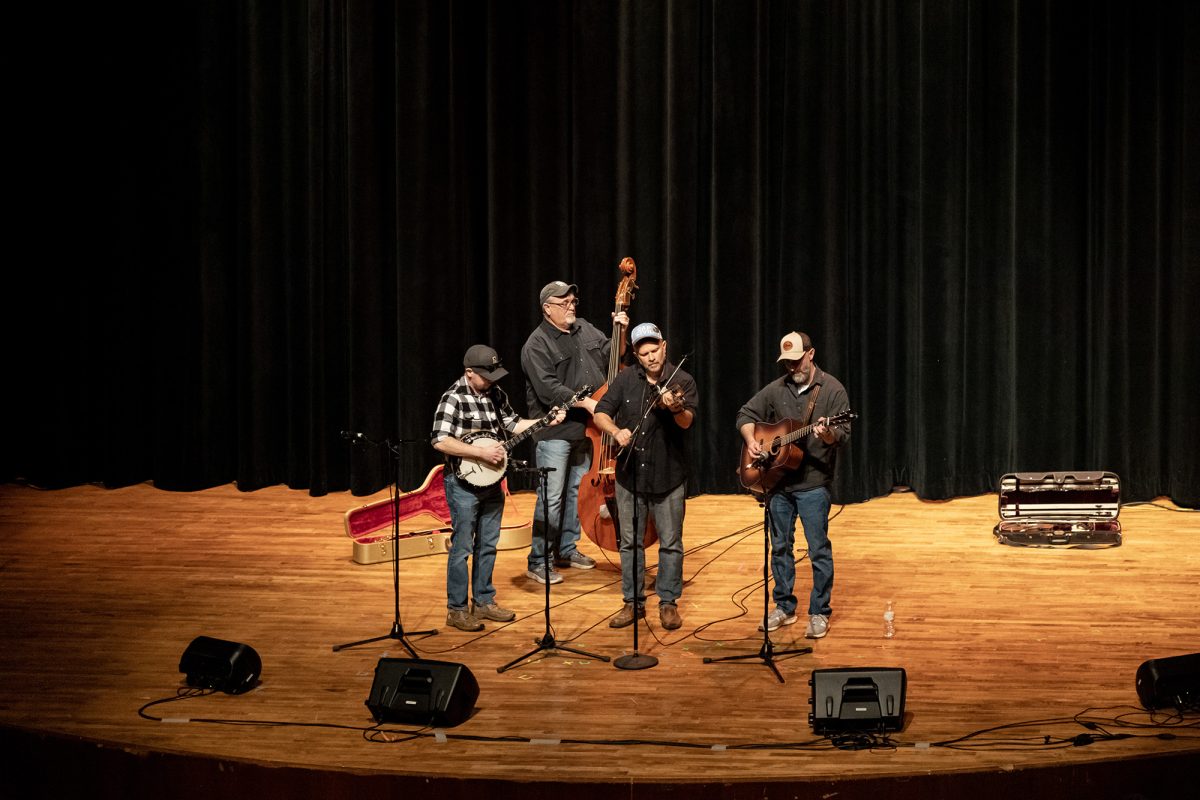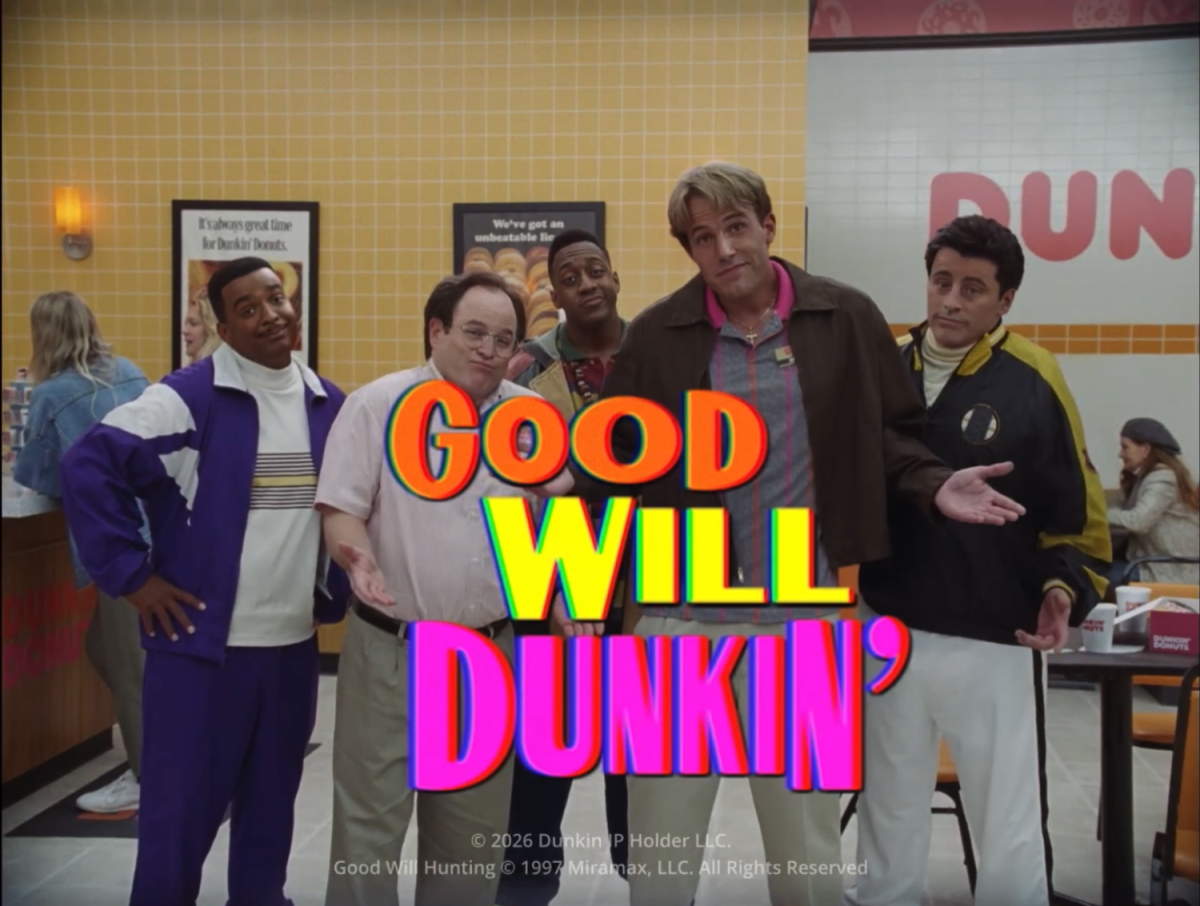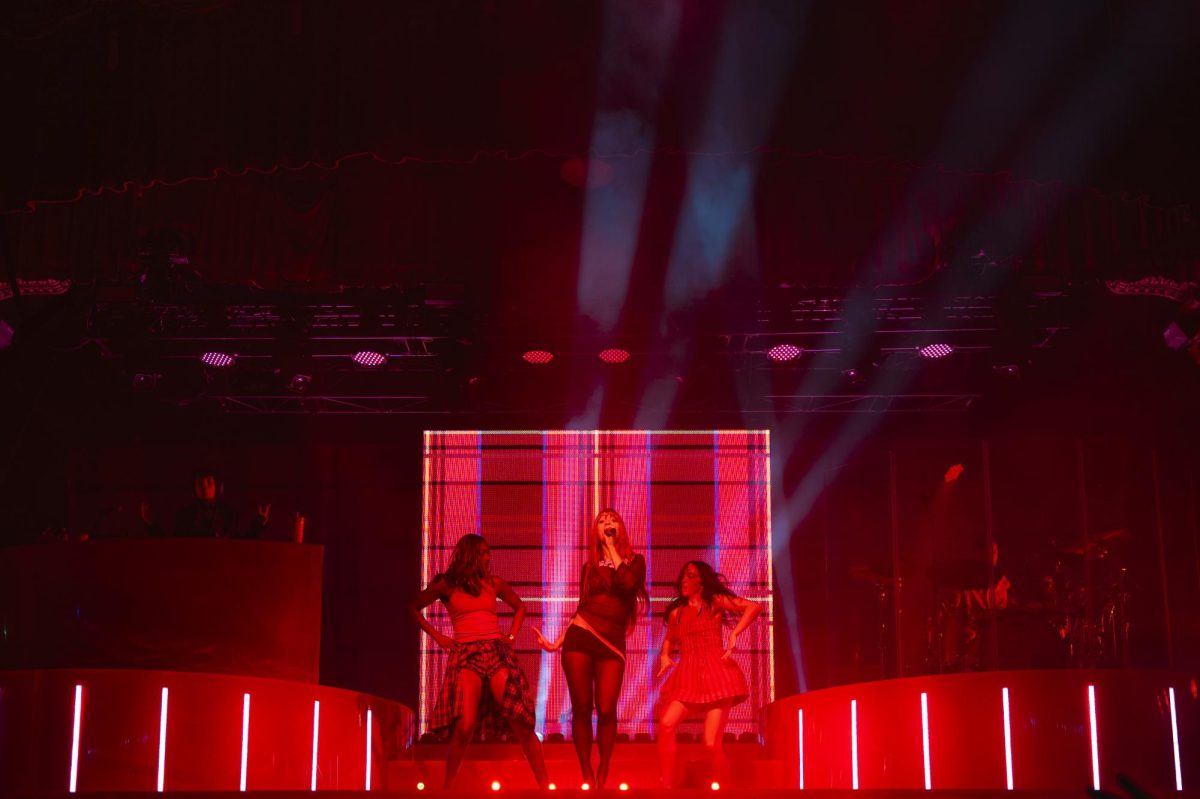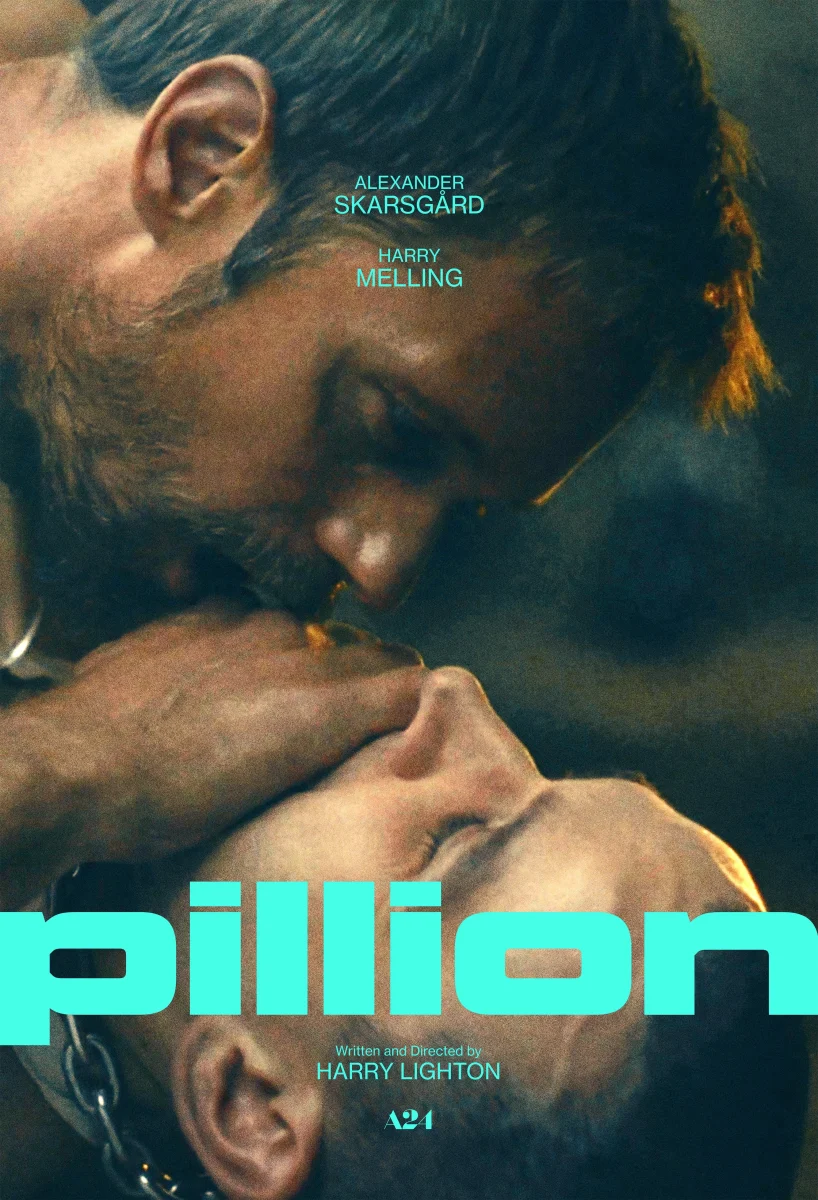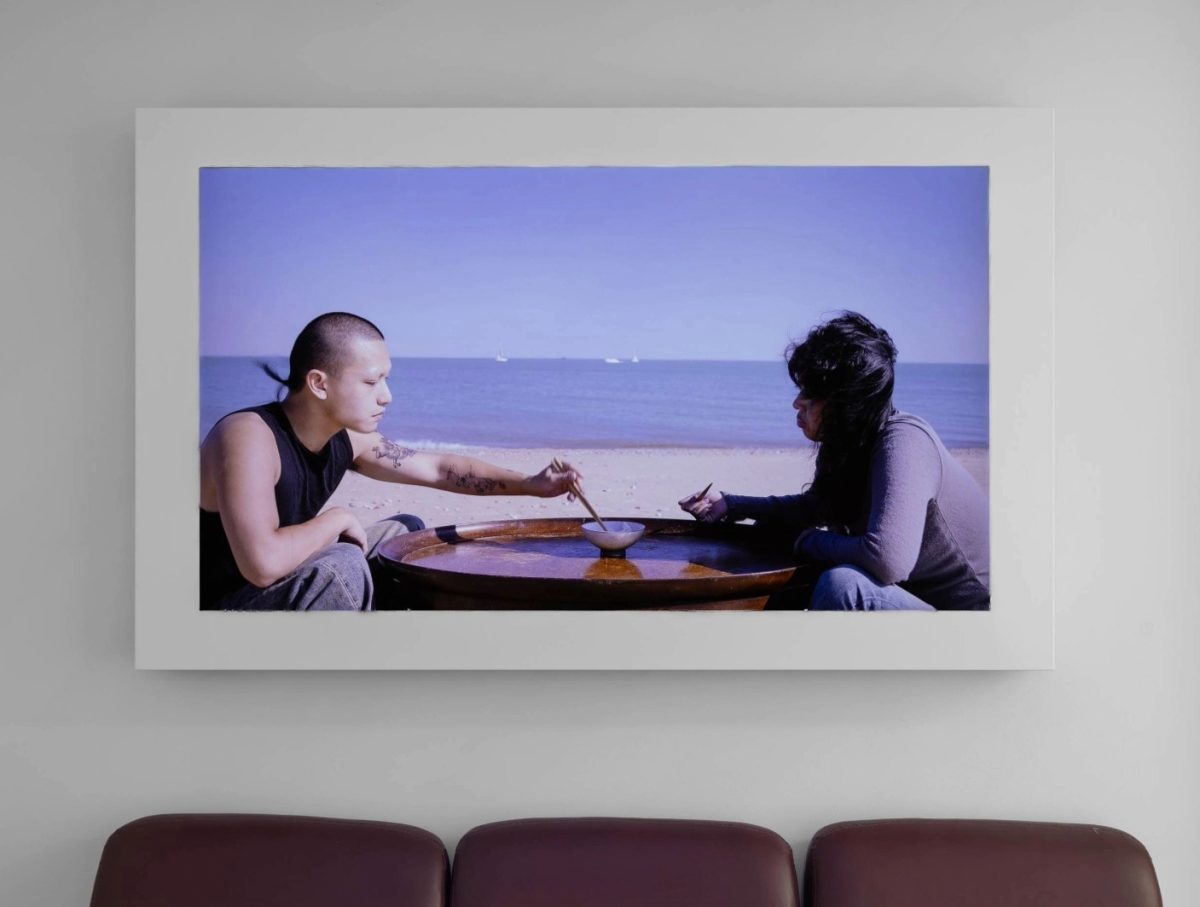The Tomasz Stanko Quartet walked onto the stage Wednesday night with characteristic poise and quiet intensity. This was perhaps the biggest stop on their 12-city American tour—Poland’s greatest jazz group playing to a crowd of eager countrymen in the most Polish of U.S. cities. The Quartet’s appearance at the HotHouse a year and a half ago was a riveting night of powerful yet sparse music. The jam-packed club would erupt in joy after each solo, and at the end of the night, the audience showered the group with one of the most genuine and awestruck ovations I’ve ever seen. It was the kind of electric night that reaffirmed my faith in the vitality of jazz and the exuberance and class of the city.
Perhaps I should’ve realized that the follow-up to such a magical evening might be something of a disappointment. After all, that show benefited from a synergistic alchemy of artist and audience that is difficult to replicate. Yet as I walked up the steps of one of Chicago’s most elegant venues, I fully expected another knockout. An hour and a half later, I walked down those same steps, appreciating an engaging show that impressed but didn’t dazzle.
What happened? The Quartet, as tight a group as you’ll find in jazz, played with vigor and depth, driven by the sonorous grooves of bassist Slawomir Kukiewicz, the pedal-point eruptions of pianist Marcin Wasilewski, and the clipped volleys of drummer Michal Miskiewicz. When they’re on, this rhythm section creates tremendous tension as dense harmonies sway in a thick, unified pulse. Stanko’s trumpet serves as both an accompaniment and a foil to the tension. He plays sparsely, listening to the knotty rapport of his young trio, but when he enters, the music fully blooms. The Quartet has mastered the ability to turn tension into motion. The music is never static, and on the group’s best numbers, it moves with a beauty and purpose that is a rare gift. Much of this music is sparse, but these guys never noodle around. Precision is their most noticeably brilliant trait.
While the Quartet’s musicianship is consistently brilliant, its music occasionally becomes so sparse that it loses its dynamic energy. This wasn’t the case on many of the pieces, with Wasilewski crashing down on McCoy Tyner-esque chords and Stanko blasting into high trumpet registers of which his hero Miles Davis could only dream. Yet Stanko has acknowledged a trend toward sparseness, and there comes a point at which less may just be less. I don’t think the Quartet has reached this yet—the sparseness allows for a kind of freedom and interplay that would be impossible in a busier arrangement—but at times, it gets close to that critical point.
Sparseness occasionally diminished the vigor of the music, but this was only a small part of my disappointment. Sound engineering, a facet of music that should ideally go unnoticed, constituted a serious distraction for the first thirty minutes of the set. When I walked into the main room at the HotHouse, the Quartet was still performing its sound check. It’s rare to have a sound check so close to starting time, and whatever took place was clearly a rush job.
Throughout the set, Wasilewski and Stanko motioned to the sound engineer to adjust the volume of the trumpet and the drums. The piano also sounded off, clanging loudly in the higher registers. This would’ve been a minor impediment to the audience but for the fact that it was clearly a big distraction for the musicians. Wasilewski especially looked annoyed, pushing his monitor speaker far away from him. This unfortunate technical problem gave what should’ve been a grand concert the air of a dress rehearsal.
The 7 p.m. start time, designed so that the club could sell out two full sets, also dampened the atmosphere. The Quartet’s music is full of a nocturnal energy that Stanko says was inspired as much by film noir as by any jazz predecessor. It was simply too early for the audience to embrace the music’s dark, brooding soul.
While these technical factors detracted from the aura, the Quartet deserves praise as an exemplar of a unique brand of atmospheric jazz. Their smoldering sound, flickering every so often into full flames, owes debts to Miles Davis and Krzysztof Komeda—the renowned film composer who scored Roman Polanski’s early work—but is as original as any on the scene today. The Tomasz Stanko Quartet shows how music can be fresh without being radical, how precision and silence can be as creative as chaos and innovation. Theirs is a quiet revolution, birthing a new music within the constraints and traditions of the old.



